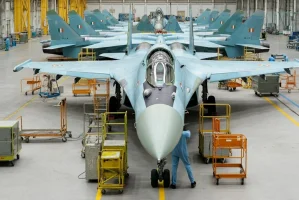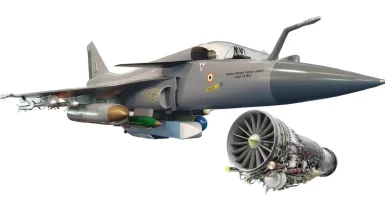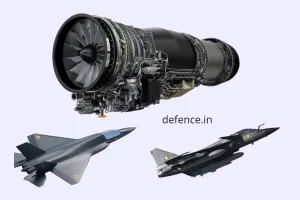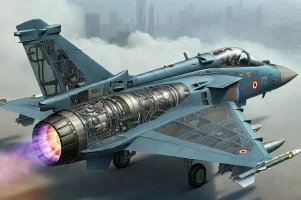- Views: 2K
- Replies: 20

Former Vice Chief of Air Staff (VCAS) of the Indian Air Force (IAF), Air Marshal Anil Khosla, has recommended a phased approach to procuring Rafale fighter jets, rather than a bulk purchase under the Multi-Role Fighter Aircraft (MRFA) tender.
This advice, given during a recent podcast appearance, echoes earlier suggestions by former Chief of Defence Staff General Bipin Rawat and former Defence Minister Manohar Parrikar.
The core of Khosla's argument lies in the rapid advancement of fighter jet technology. A staggered acquisition of Rafales would allow the IAF to capitalize on upgrades and new systems incorporated with each batch, keeping India's fleet at the forefront of aviation technology.
He cautioned that procuring all 114 jets at once, as stipulated in the MRFA tender, could result in a portion of the fleet being technologically outdated by the time the final deliveries are made. By phasing the purchase, the IAF could integrate the latest avionics, sensors, and weaponry with each new batch of Rafales, ensuring the fleet's long-term relevance and modernity.
This approach aligns with the views of General Bipin Rawat, who advocated for a staggered procurement strategy to alleviate the financial burden and prevent the IAF from being locked into older technology. Rawat emphasized the need to prioritize upgrading existing squadrons and gradually expanding the fleet, ensuring future acquisitions reflect the latest advancements.
Financial concerns were also raised by former Defence Minister Manohar Parrikar, who highlighted the potential strain the MRFA tender's estimated $20 billion cost could place on other vital defence programs. He argued that such a significant investment in a single program could lead to delays or even cancellations of other high-priority defence projects. India's defence budget must address various needs, including modernizing the Army and Navy, bolstering cyber capabilities, and investing in indigenous platforms under the “Make in India” initiative.
Recent reports indicate that the new Air Chief may be receptive to a phased procurement strategy, potentially bypassing the MRFA tender in favor of additional Rafales. This interim solution would allow India to continue its collaboration with Dassault Aviation, building on the success of the initial Rafale deal, which has already significantly boosted the IAF's operational capabilities.
Given the Rafale's proven strategic value in exercises and operations, expanding the existing fleet might be a more practical approach than waiting for the MRFA deal, which could take over five years to finalize.
Furthermore, a phased approach could circumvent the lengthy procurement process associated with the MRFA tender. The MRFA process is expected to be time-consuming due to multiple layers of bureaucratic approvals, budget allocations, and international negotiations. An interim procurement would allow the IAF to address its immediate operational needs while maintaining flexibility in future fighter jet acquisitions.
Another critical concern with the MRFA tender is its potential impact on India's indigenous fighter programs, such as the Light Combat Aircraft (LCA) Tejas and the Advanced Medium Combat Aircraft (AMCA). India has made substantial investments in these projects, and diverting significant resources to the MRFA could hinder their development and production. A phased Rafale procurement would enable India to balance foreign acquisitions with continued support for its domestic platforms.
In conclusion, the phased procurement of Rafale jets presents a pragmatic solution to India's immediate and long-term defence requirements. It addresses the need to modernize the IAF's combat fleet while mitigating the financial risk of a large upfront purchase. This strategy also allows India to retain flexibility in its defence procurement, ensuring each batch of jets is equipped with cutting-edge technology.




